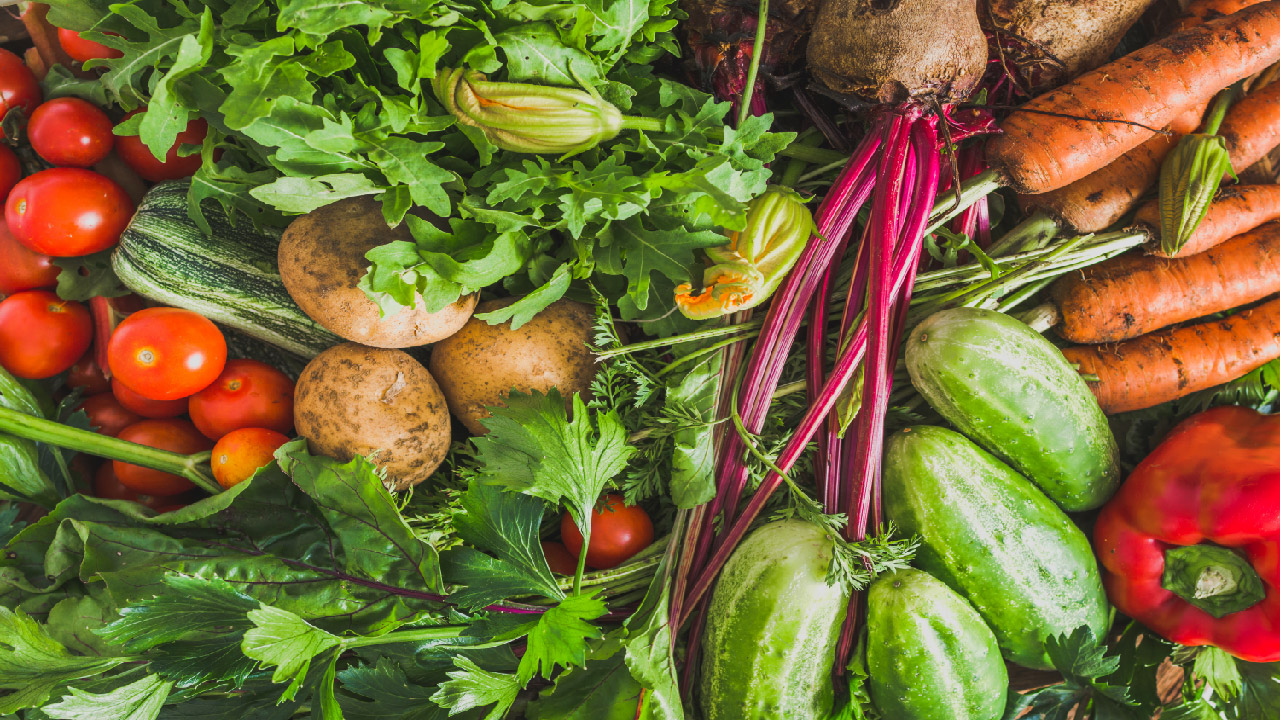Fall Harvest: How to Use and Store Your Vegetables
Jul 27th 2023
If you're thinking about growing vegetables to add to your next Thanksgiving feast, you'll need to learn about storing and using them effectively. This blog will discuss why this is important and how to do it.
Why is storing vegetables effectively so important?
You may not think storing vegetables is a big deal, but this practice is critical for several reasons. Let's take a look at some of these below.
Preserves their freshness
Freshly harvested vegetables boast their best textures, flavors, and nutritional values. You can preserve and enjoy these benefits over a more extended period by storing them correctly.
Minimizes food waste
By storing your vegetables suitably, you will stop them from spoiling as quickly and potentially create less food waste. Decreasing food waste can help the environment and create a better planet.
Cuts down on food costs
Storing vegetables correctly can save you money. After all, preserving the freshness of vegetables reduces food waste, meaning you won't need to restock as frequently.
Tips on using vegetables effectively
- Harvesting
If you're growing vegetables from home, you'll want to harvest them at their peak of ripeness. This will allow for optimal flavors. Whilst this is the case, you should follow specific harvesting guidelines for each vegetable you grow since harvesting times may vary.
Furthermore, once you've figured out when to harvest your vegetables, you should always gather them early in the morning when the products are hydrated and cool. After all, starches made in vegetables may be transformed into sugars later in the evening, meaning that morning-harvested vegetables almost always taste juicier and crisper.
- Preparation
Preparing your vegetables for cooking is relatively straightforward. You'll want to rinse freshly harvested vegetables under cool, running water and avoid soaking them. You should prepare the produce as quickly as possible after obtaining it to ensure that it celebrates its full flavor.
- Cooking
The most common usage of vegetables is cooking. You can follow specific cooking methods that can preserve their nutritional value. These techniques include stir-frying, steaming, grilling, and roasting. However, you should avoid overcooking vegetables to keep their optimal taste and crisp textures.
Tips on storing vegetables effectively
- Canning and pickling
Canning or pickling your vegetables can help preserve them for extended periods, although you should follow proper procedures to ensure you maintain the food's quality.
- Fridge storage
Fridges can help slow down the spoiling of vegetables. A crisper drawer in the refrigerator is usually perfect for vegetable storage as it works to stop moisture buildup. Many vegetables, like carrots, can be stored without the greens in fact, removing the greens before putting them in the fridge can stop them from drawing moisture from the vegetables' roots.
- Freezer storage
Freezing best preserves food for long periods and holds many environmental benefits. You should blanch produce before freezing it to preserve its quality. After blanching, pack the vegetables into freezer bags or containers and remove as much air as possible.
Using and storing vegetables effectively can help you maximize their optimal flavors and nutrients. To learn more about how to grow your own garden, visit our blog today!

